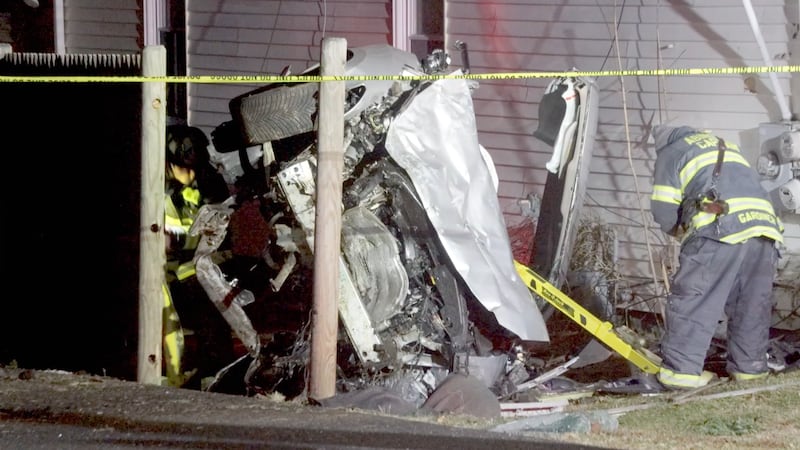CAPE COD, Mass. — Dylan Fernandes grew up on Cape Cod and came back after graduating from college.
He finally closed on a house in Falmouth a few months ago.
“It was so hard. I looked for a decade to buy a home here, saved up for a long amount of time, and was finally was able to purchase a home. One that I can hardly afford!” he said.
Fernandes is happy with his new home, but it did get him thinking. Why was it so hard for a state representative to be able to live in the district he represents?
“When legislators in a community can’t afford to live there, along with all the other public servants who find it profoundly affordable to live here, it really erodes the sustainability of a community,” said Fernandes, who represents communities in the Upper Cape as well as the islands.
The housing market on Cape Cod is on fire.
According to Redfin, the median price for a home is now $535,000, up 29.4% since last year.
Much of the spike is attributed to people fleeing cities during the pandemic and working from home – on Cape Cod.
“In my opinion, with the COVID crisis, it’s kind of iced out our locals,” said Lindsey O’Connell, a broker/associate at Orleans Village Properties. “It’s a really, really big problem.”
O’Connell is also on Chatham’s Affordable Housing Task Force. She says more residents with good jobs, such as police officers, firefighters, and teachers, are getting priced out of the Cape’s real estate market every day.
“I have nurses coming to me and saying, ‘I want to buy my first house, what can I buy,’ and I’m literally looking at them and saying, ‘OK, you have a pre-approved mortgage for $450,000, I can’t find you a house in Chatham Orleans Brewster Harwich for $450,000 that isn’t a teardown,’” said O’Connell.
O’Connell says each transaction with a seasonal buyer eats away a little more at the Cape’s quality of life.
“Let’s face it, your neighbor from Connecticut who has the home next door isn’t going to be the butcher in the butcher shop cutting your meat, so this is the problem we’re running into.”
“I don’t want to say we’re at a tipping point yet, because I’m more optimistic than that,” said Alisa Magnotta, the CEO of the Housing Assistance Corporation in Hyannis, a non-profit that’s working to stabilize Cape’s housing supply.
“It is a point in time that people have to face the facts that the Cape is changing,” added Magnotta. She says that means it’s time to re-examine zoning laws so more multi-family buildings get built, not just luxury single-family homes.
She also thinks more communities should add or expand so-called ADU’s, or accessory dwelling units. These are converted basements or garages that can increase inventory quickly and be rented out.
Magnotta also supports charging seasonal homeowners higher taxes.
Representative Fernandes has another approach. He’s filed a bill that would allow Nantucket to put a surcharge of .5% on real estate transactions over $2 million.
“We’re just asking the state for the tools for this community on Nantucket, and other communities if they want to do it as well, to be able to raise the revenue to fix the housing crisis.”
“We’re starting to see a lot of people leaving Cape Cod,” said O’Connell. “Every community needs to have every level of housing in order to properly function. We cannot function on multi-million-dollar properties alone. It absolutely cannot happen.”
It’s not any easier to rent on Cape Cod right now. Magnotta told Boston 25 News the vacancy rate is about 1%.
Download the free Boston 25 News app for up-to-the-minute push alerts
>> Complete Covid-19 vaccine coverage
RESOURCES:
- Complete local and national coronavirus coverage here
- Follow us on Facebook and Twitter | Watch Boston 25 NOW





